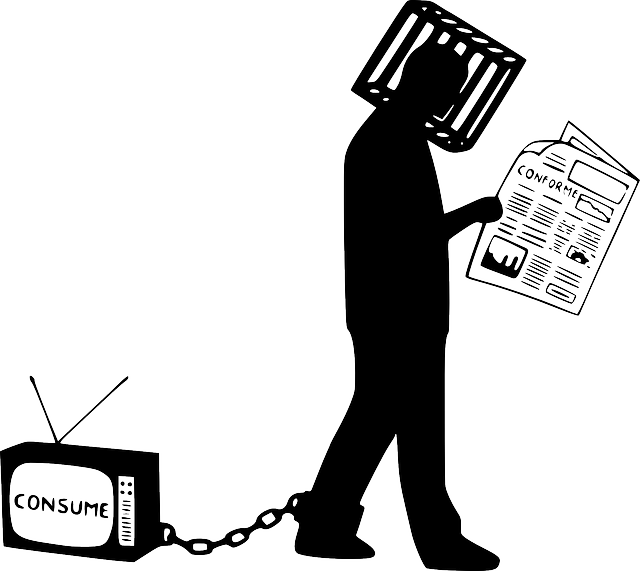Personal Loans for Debt Consolidation provide homeowners a strategic solution to manage multiple loans with varying interest rates by combining them into one single loan, resulting in reduced monthly payments, improved cash flow, better financial control, enhanced credit scores, and future financing opportunities at more favorable terms. Eligibility requires a solid credit history and good credit score, with lenders assessing debt-to-income ratios, property equity, existing debts, and loans for approval. Accurate financial information improves chances of securing these loans. Consolidation involves assessing existing loan terms, rates, and schedules, then exploring personal loan options with competitive rates and flexible terms to reduce monthly payments and shorten loan terms. Effective post-consolidation debt management includes creating a budget, monitoring credit scores, setting up automated payments, and using strategies like the debt snowball or avalanche method to aggressively pay off debts, saving money on interest charges.
Struggling with multiple homeowner loans? Consolidate and simplify with a single, lower interest personal loan. This comprehensive guide explores the benefits of debt consolidation, eligibility criteria for personal loans, and step-by-step processes to streamline your finances. Learn how to effectively manage your debt post-consolidation with practical tips. Discover the power of Personal Loans for Debt Consolidation – your path to financial freedom starts here.
- Understanding Debt Consolidation and Its Benefits
- Eligibility Criteria for Personal Loans for Debt Consolidation
- The Process of Consolidating Homeowner Loans
- Tips for Effective Debt Management After Consolidation
Understanding Debt Consolidation and Its Benefits
Debt consolidation is a strategic financial move where multiple loans are combined into one single loan with a lower interest rate. This process simplifies repayment by replacing several payment obligations with just one, often resulting in significant savings over time. For homeowners burdened with various loans, such as mortgages, home equity loans, or personal loans, consolidating these debts can offer immense relief and better financial management.
One of the primary benefits is reduced monthly payments, allowing homeowners to free up cash flow for other essential expenses or even additional investments. Personal loans for debt consolidation provide a clear repayment plan with fixed interest rates, eliminating the hassle of managing multiple lenders and due dates. This approach can also improve credit scores by demonstrating responsible debt management, making it easier to access future financing options at more favourable terms.
Eligibility Criteria for Personal Loans for Debt Consolidation
Personal Loans for Debt Consolidation are a popular choice for homeowners looking to simplify their finances. However, before applying, it’s crucial to understand the eligibility criteria. Lenders typically require borrowers to meet specific conditions to be considered for these loans. One of the primary requirements is having a solid credit history and a good credit score. This ensures lenders that the borrower can manage the new loan responsibly. Additionally, lenders assess the borrower’s debt-to-income ratio, checking that their income is sufficient to cover existing debts and the new consolidation loan.
Other eligibility factors include being a homeowner with equity in your property, as this acts as collateral for the loan. Lenders will also consider the type and number of debts you wish to consolidate, as well as any existing loans or mortgages on your property. It’s essential to provide accurate and transparent financial information to increase your chances of approval for Personal Loans for Debt Consolidation.
The Process of Consolidating Homeowner Loans
Consolidating homeowner loans into a single lower interest loan is a strategic move that can significantly ease financial burdens and simplify repayments. The process typically begins with an assessment of existing loans, including their terms, rates, and repayment schedules. This step involves gathering detailed information about each loan to understand the overall debt structure.
Once the data is gathered, individuals can explore options for debt consolidation, often through personal loans designed specifically for this purpose. These loans offer competitive interest rates and flexible terms, making them attractive alternatives to managing multiple high-interest homeowner loans. By consolidating, homeowners can reduce their monthly payments, shorten loan terms, or both, leading to substantial savings in the long run.
Tips for Effective Debt Management After Consolidation
After consolidating your homeowner loans into a single, lower-interest personal loan, effective debt management becomes paramount to reaping the full benefits. Firstly, create a detailed budget that accounts for all your income and expenses, allocating specific portions towards debt repayment. This helps in adhering to a consistent payment plan and avoiding unnecessary spending. Regularly monitor your credit score; a solid credit history encourages better borrowing options in the future.
Secondly, consider setting up automated payments for your consolidated loan. This ensures timely repayments, potentially saving you from late fees and penalties. Additionally, explore debt management strategies like the debt snowball or avalanche method to aggressively pay off debts. The snowball method focuses on paying off smaller debts first, while the avalanche targets high-interest debts first, helping you save more in interest charges over time.
Debt consolidation through personal loans can be a strategic move for homeowners looking to simplify their financial obligations. By combining multiple homeowner loans into a single lower-interest loan, individuals can reduce monthly payments and potentially save thousands over the life of the loan. However, it’s crucial to understand eligibility criteria, the consolidation process, and effective debt management tips post-consolidation to make this approach a successful game-changer for managing personal finances.
